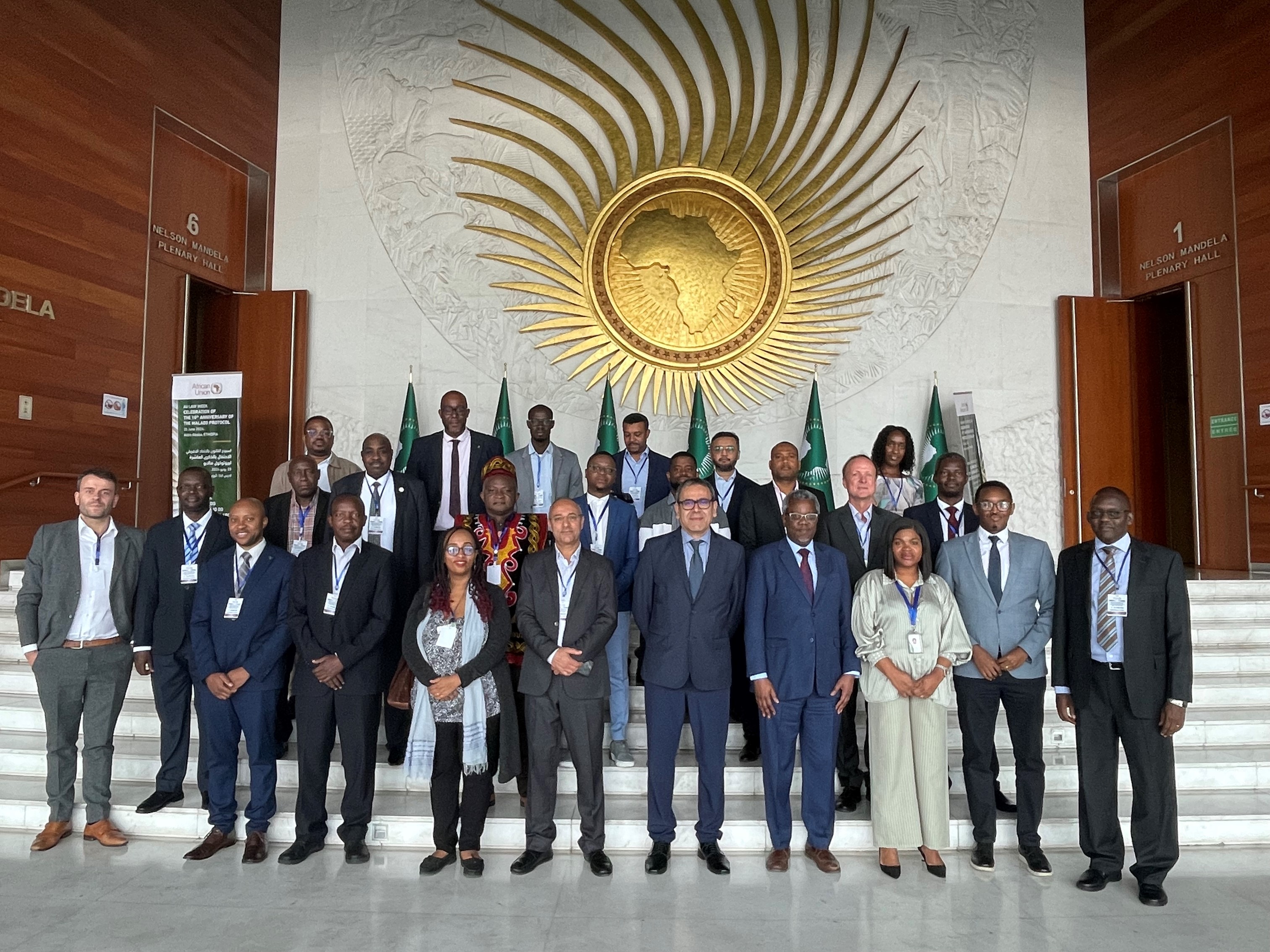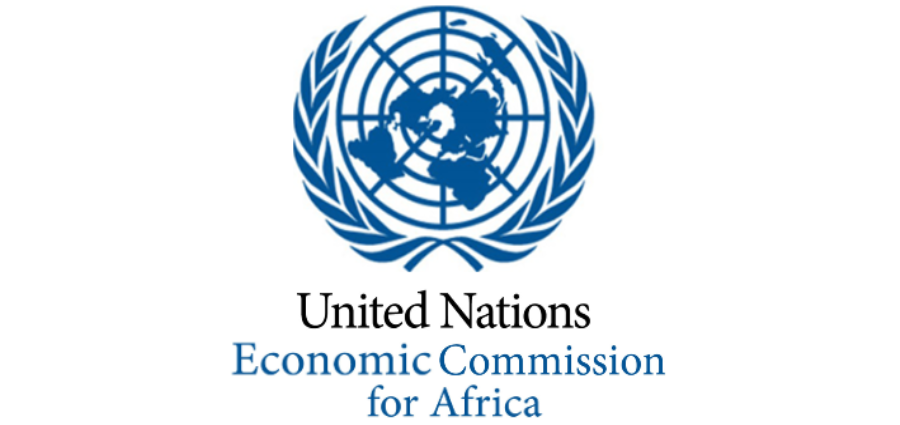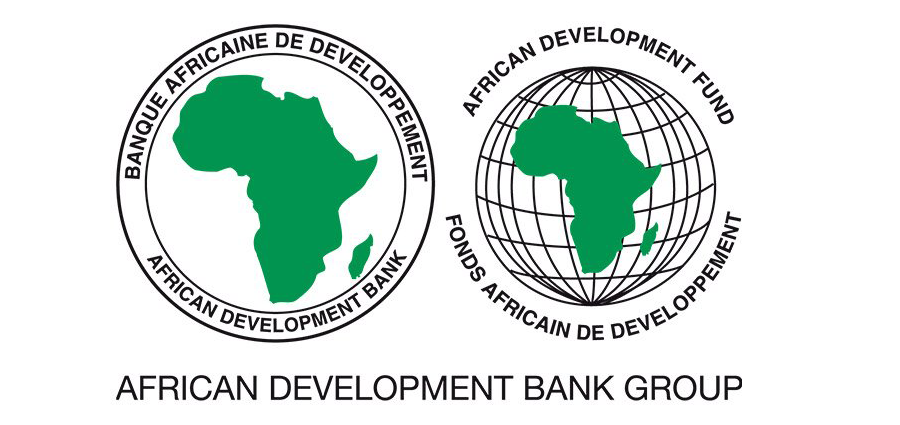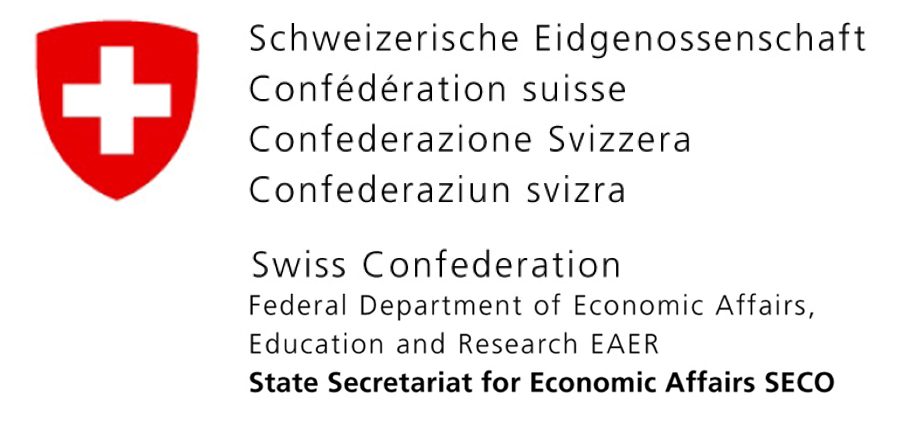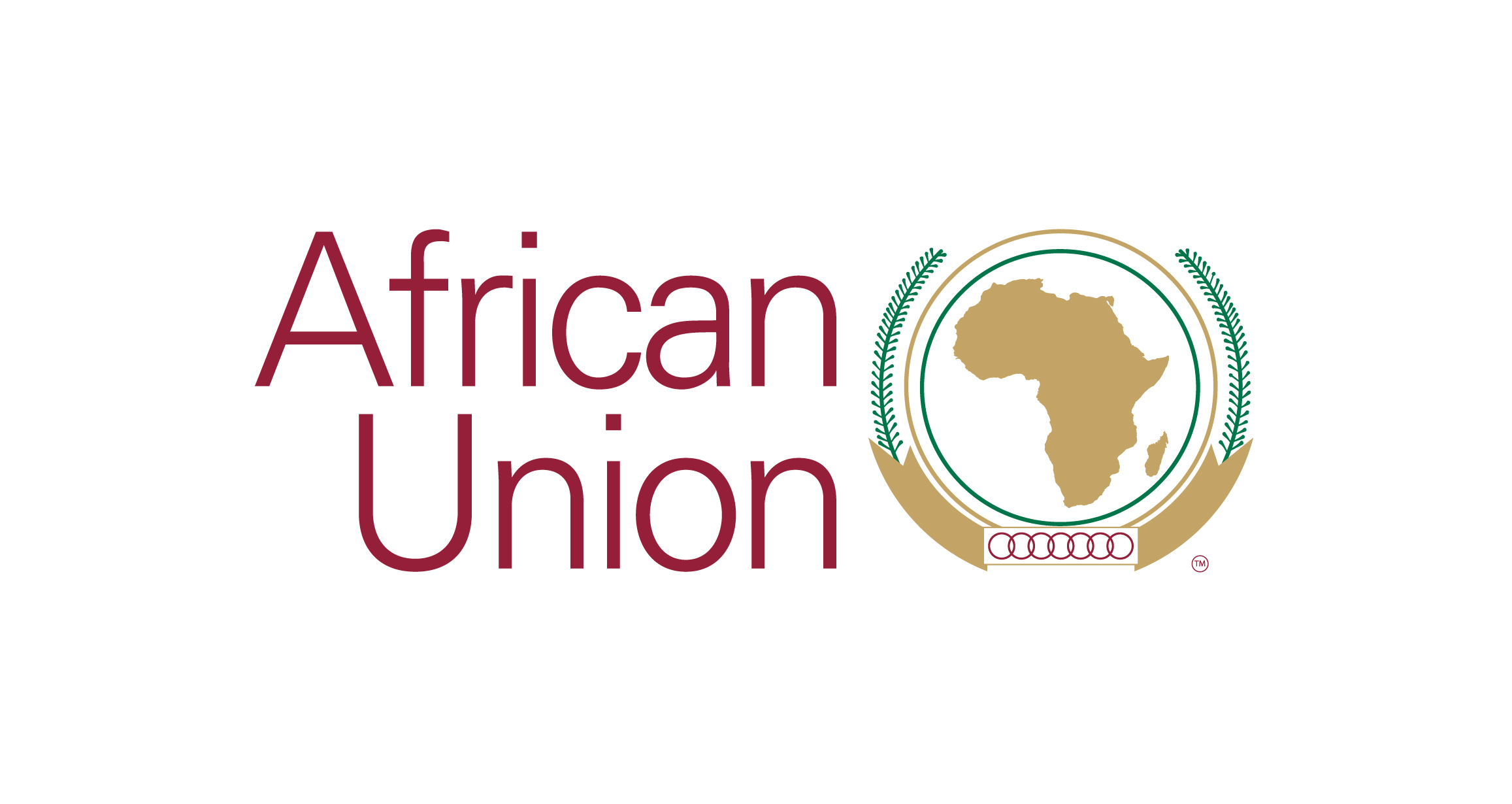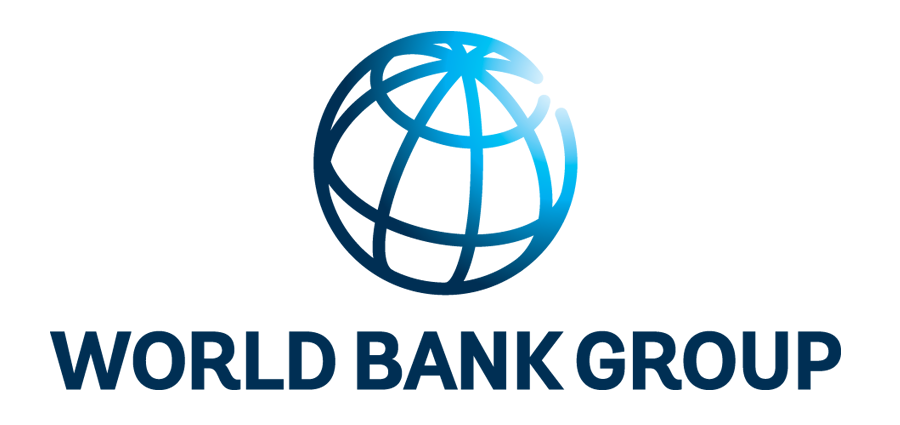Accelerating Africa’s Maritime Future: The African Port Digitalization Report Validation Workshop
On June 27, 2024, the African Union Commission (AUC) hosted the African Port Digitalization Report Validation Workshop at its headquarters in Addis Ababa, marking a significant milestone in the ongoing effort to modernize the continent’s maritime transport sector. The event, organized in collaboration with the Africa Transport Policy Program (SSATP) and Expertise France, brought together key stakeholders to validate the findings of a comprehensive study titled Status of Digitalization and Policy Impediments in African Ports. This study identified gaps, challenges, and opportunities in the digitalization of ports across the continent, forming the cornerstone of a broader initiative aimed at transforming Africa’s maritime industry through innovative technological solutions.
This study was undertaken as part of the support to the implementation of the Program for Infrastructure Development in Africa (PIDA), managed by the Department for Infrastructure and Energy at the AUC. It aligns with the broader goals of SSATP to support the AUC in fulfilling the priorities set by the Agenda 2063, which envisions the transformation of Africa into a global power.
Setting the Stage for Transformation
The workshop opened with a strong emphasis on the critical need for digitalization in Africa's ports, a sector that remains vital for the continent's trade and economic development. Despite the substantial investments made in recent years, the study revealed that many African ports still operate with outdated infrastructure and face significant challenges, including limited IT resilience, weak cybersecurity measures, insufficient digital skills, and inadequate support from governmental institutions.
During the workshop, participants from various regional economic communities (RECs), port authorities, and development partners engaged in lively discussions, sharing experiences and best practices. Notably, case studies from the Port of Djibouti and the Port of Banjul underscored the tangible benefits of digitalization, such as improved logistics services, increased efficiency, and enhanced transparency. Other ports, including the Port of Mombasa in Kenya, the Port of Walvis Bay in Namibia, and the Port of Maputo in Mozambique, also shared their experiences with digitalization, illustrating diverse approaches to modernizing port operations across the continent. These examples provided a clear roadmap for other African ports to follow, highlighting the critical role of implementing maritime single windows and port community systems to streamline operations and boost competitiveness.
Key Takeaways and Strategic Actions
The workshop participants agreed on several key recommendations to drive the digitalization agenda forward. A primary focus was the need to increase investment in ICT infrastructure and to foster better alignment between port authorities and government policies. The importance of digital skills development was also underscored, with calls for targeted capacity-building programs to ensure that the workforce can effectively manage and operate new digital systems.
An important outcome was the consensus on establishing maritime single windows and port community systems, which would harmonize digital processes across the continent and ensure compliance with International Maritime Organization (IMO) regulations. This initiative is seen as a critical step toward enhancing the efficiency and transparency of Africa's maritime supply chains.
While the study provided comprehensive insights on 39 ports, workshop participants noted the potential for further enrichment by incorporating perspectives from additional North African ports. In response, the AUC and SSATP expressed their commitment to extending the study to include additional ports, ensuring that the digitalization landscape is fully representative of all African regions.
SSATP’s Continued Support
Throughout the workshop, SSATP reaffirmed its commitment to supporting the AUC and African ports in their digital transformation journey. Moving forward, SSATP will play a crucial role in facilitating the implementation of the workshop's recommendations, particularly in the areas of capacity building, policy harmonization, and sensitizing policymakers on the benefits of port digitalization.
The workshop concluded with a consensus on the next steps, including the finalization of the study and its recommendations, which will be used to inform discussions at the upcoming AU Ministerial Steering Committee Meeting where key decisions on the future of Africa's maritime policy will be made.
By leveraging digital technologies, African ports can unlock new opportunities for economic growth, improve their integration into global supply chains, and enhance the continent's trade competitiveness. The collective commitment of workshop participants to advancing the digitalization of Africa's ports promises to pave the way for a more connected, efficient, and prosperous future for the continent’s maritime industry.
